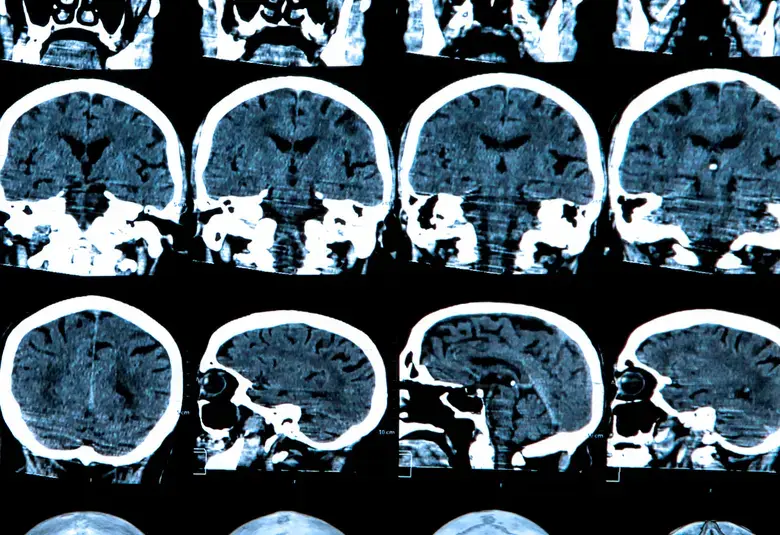Regular use of potent cannabis is strongly linked to the incidence of psychosis, according to epidemiological evidence. Robin Murray (King’s College, London, UK) believes we have good reason to believe the connection is causal -- and not mediated by a confounding factor, such as a genetic risk of schizophrenia increasing likelihood of cannabis use.
A person can have a high polygenic risk score for schizophrenia and develop psychosis even when they take little or no cannabis. Another person can develop psychosis if they consume large amounts of cannabis even if they have low genetic vulnerability, Robin Murray told CINP 2021 Virtual.
For most people, these risk factors are independent and additive. There is little evidence for gene-environment interaction, he said. For instance, data from the national UK Biobank suggest that the polygenic risk score for schizophrenia has only a small effect on likelihood of cannabis use.
Predisposition to schizophrenia does not explain why people use cannabis1
We should advise against daily use of potent cannabis
This finding has important implications since, while we can do nothing about our genes, excessive cannabis use is preventable, Professor Murray argued.
And he believes the major reason we face rising levels of psychosis is that the tetrahydrocannabinol (THC) content of cannabis has increased massively since it became a popular recreational drug in the 1960s, from around 3% to 20%.1
The content of cannabis has increased massively since 1960s: from around 3% to 20%
The evidence that regular use of high potency cannabis is a component cause of psychosis is now sufficient for public health messages to outline the risk, Robin Murray believes. This is especially so since decriminalization and legalization are leading to increased use, suggesting that the incidence of psychosis is likely to rise.
Why is psychosis incidence in London six times that in Palermo?
According to data from a pan-European study, there is up to an eight-fold difference in psychosis incidence between the sixteen sites and six countries studied.2 Incidence is higher in northern than in southern Europe and higher in major cities than in small towns or rural areas.
First episode psychosis incidence would fall substantially if highly potent cannabis was no longer available
It is, for instance, 62 per 100,000 person years in London, 47 in Amsterdam and 45 in Paris, but only 13 in Barcelona and 11 in Palermo.
The reason, Professor Murray believes, lies in differences in the proportion of the population using high-potency cannabis (THC concentration over 10%) on a daily basis. The correlation between such use and psychosis incidence is 0.8.
Dose-response relationship
Within cities, there is a consistent relationship between an individual’s exposure to THC and psychosis risk.3
Thus, in London, when compared with a never user, someone who takes potent cannabis once a week has twice the risk of first episode psychosis. But in a daily user of potent THC the relative risk is 5.
The correlation between potent cannabis use and psychosis incidence is high
As well as this epidemiological data showing a dose-response relationship between level of cannabis exposure and the risk of later psychosis, there is evidence that continued use by those with established psychosis is associated with worse outcome than in those who discontinue use.4 This suggests a causal role.
And Professor Murray also points to experiments that show administration of THC can induce transient psychosis in normal subjects.1
Our correspondent’s highlights from the symposium are meant as a fair representation of the scientific content presented. The views and opinions expressed on this page do not necessarily reflect those of Lundbeck.




